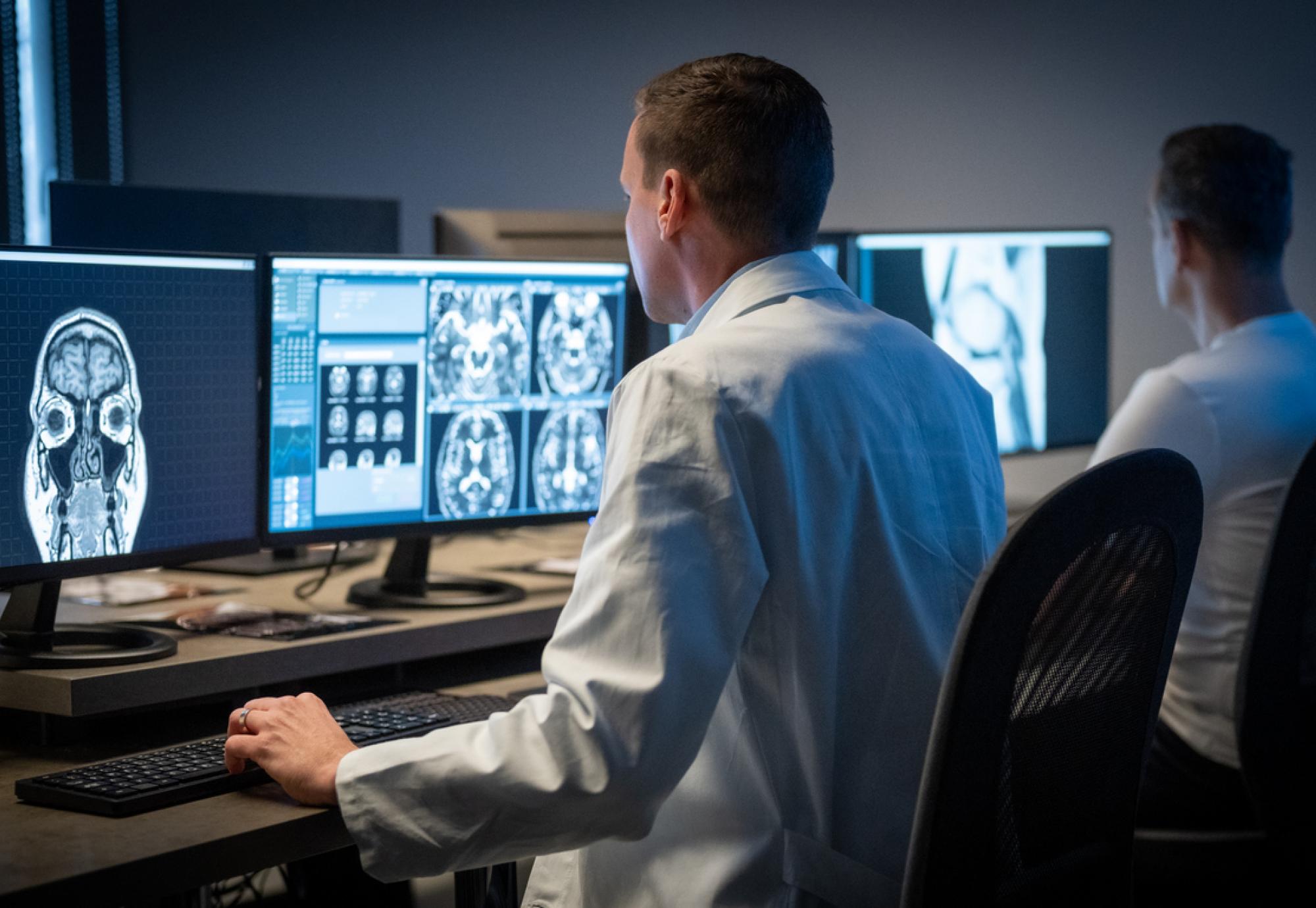Researchers in Yorkshire are set to team up with local clinicians to harness the power of some of the latest technology in a bid to explore new treatments for a rare and aggressive form of cancer.
The research, which will be undertaken by The University of Sheffield in collaboration with Sheffield Teaching Hospitals NHS Foundation Trust, is aiming to better understand why a glioma cell has the ability to repair its DNA and subsequently survive chemotherapy or radiotherapy.
Affecting approximately 3,000 patients in the UK every year, glioblastoma is an uncommon but deadly form of brain cancer which typically proves fatal for patients 12-15 months after diagnosis.
As part of this radical new research, a team led by Dr Ola Rominiyi, a Specialty Registrar at Sheffield Teaching Hospitals, will take tens of thousands of individual cells from tumour samples and contaminated tissue to find out why some cells can survive treatment better than others.
Usually, glioblastoma patients first undergo surgery so as much of the tumour can be removed as possible, which is then followed up by chemotherapy and radiotherapy. The combination of chemotherapy and radiotherapy is used to damage the cells’ DNA, but if the cells manage to repair their DNA, they can survive and multiply, ultimately leading to the cancer coming back.
Dr Rominiyi, who is also a National Institute for Health and Care Research Clinical Lecturer in Neurosurgery at The University of Sheffield, explained: “Unfortunately, in fast-growing brain tumours, large differences in DNA repair within the same tumour present a major roadblock to improving patient survival. Our plan is to therefore map the different cells using a single cell-by-cell approach.
“We hope that by understanding the different cells within a tumour, as well as the cells which spread to nearby brain tissue, we can find ways to effectively switch off DNA repair in the cells, which will help to re-route the cancerous cells and improve patient outcomes and survival.”
Dr David Jenkinson, Chief Scientific Officer at The Brain Tumour Charity, which helped fund the project, added: “This project takes an innovative approach to finding new treatments for glioblastoma by mapping the different DNA repair mechanisms in different cells within the same tumour.
“Glioblastoma tumours are notoriously difficult to treat and there have been no significant treatment breakthroughs since temozolomide was approved in 2007. There is an urgent need for new, kinder treatments to improve lives for those with this devastating diagnosis. We are very excited about this project and look forward to following and sharing its success in the future.”



















